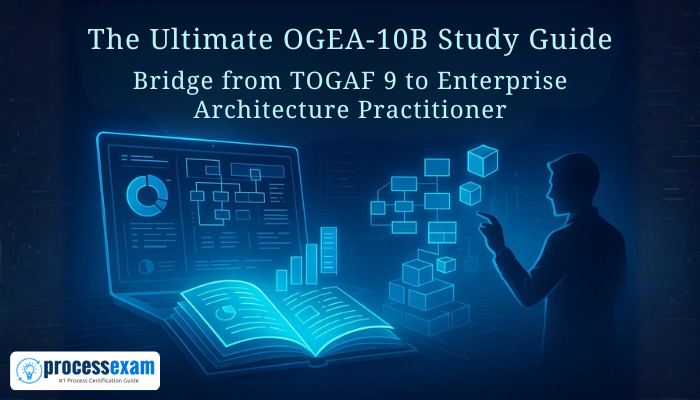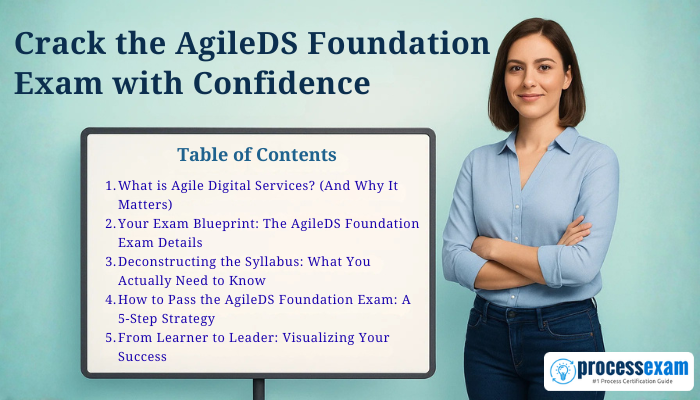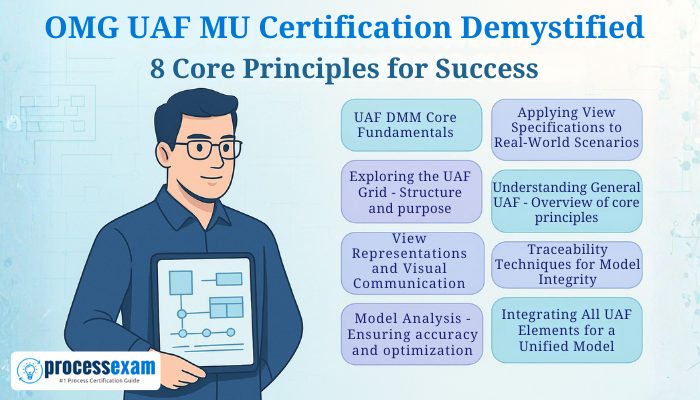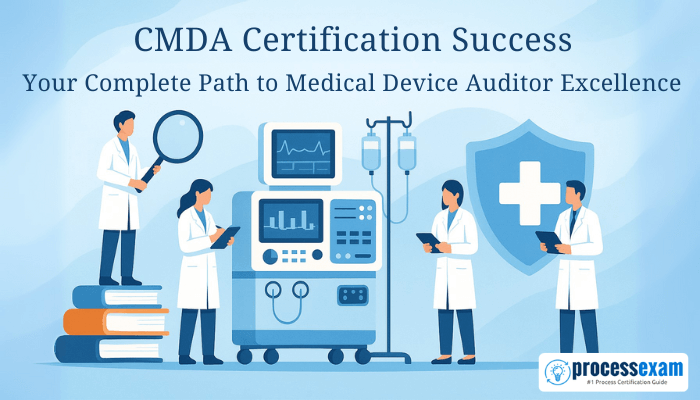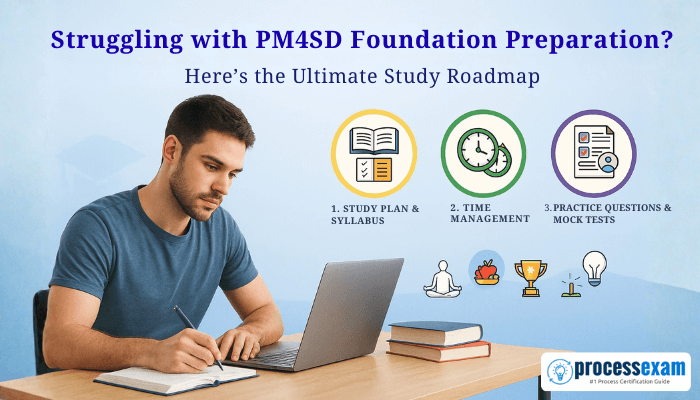
Sustainable tourism is no longer a niche area - it’s the backbone of global destination development, conservation efforts, and economic resilience. Organizations need professionals who can design, plan, and deliver tourism projects that respect local communities, protect the environment, and generate long-term benefits.
The PM4SD Foundation certification validates exactly these skills, making it one of the most respected credentials for sustainable tourism project management. Yet passing the exam requires more than reading a manual - it demands practical understanding, structured study, and exam-ready application of concepts.
This in-depth guide walks you step-by-step through everything you need to confidently pass the PM4SD Foundation exam on your first attempt - requirements, syllabus mastery, exam traps, study strategies, and free resources.

